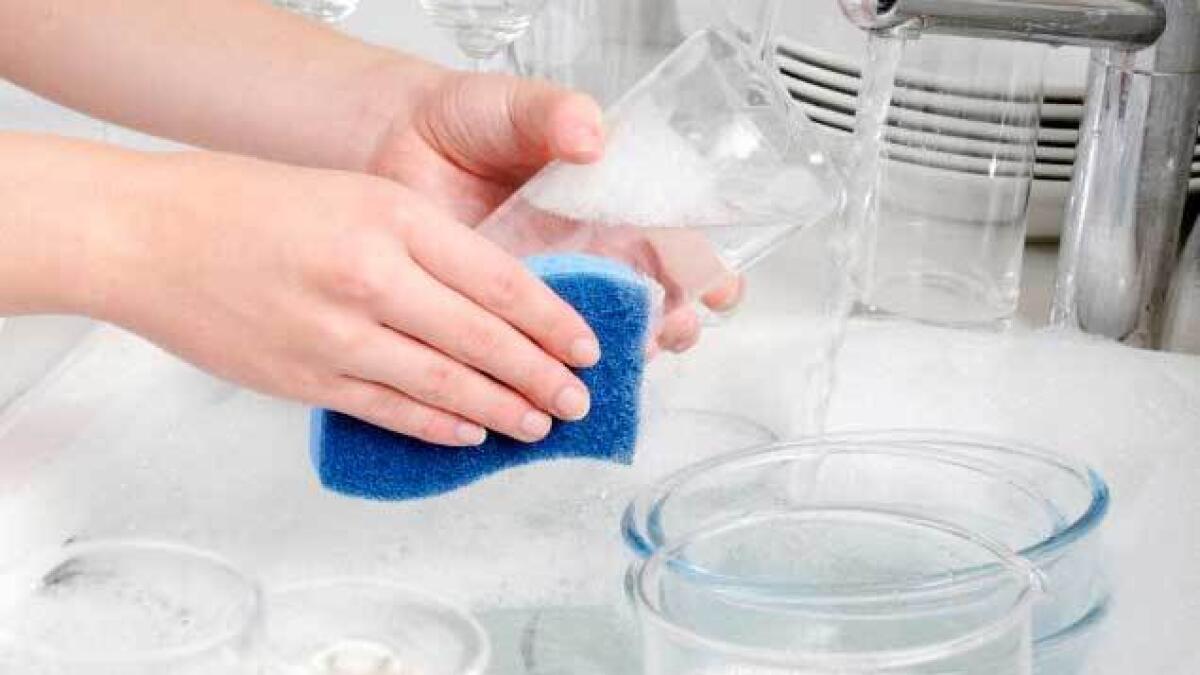Kitchen sponges are essential cleaning tools used in households for various tasks, but recent findings suggest that they may also harbor harmful bacteria that can lead to severe health issues. Research conducted by experts has shown that kitchen sponges are breeding grounds for bacteria, with the damp environment allowing for rapid multiplication of potentially harmful pathogens. These bacteria can pose serious health risks if they come into contact with food or enter the body through cuts or ingestion.
A study conducted by Sharjah University researchers in 2020 confirmed that kitchen sponges are heavily contaminated with pathogenic bacteria, raising concerns about food contamination and the spread of infections. Common types of harmful bacteria found in kitchen sponges include Escherichia coli (E. coli), Salmonella, and Staphylococcus aureus, all of which are known to cause infections when exposed to humans. These bacteria can lead to various illnesses, ranging from gastrointestinal issues to skin infections and respiratory complications, especially in individuals with compromised immune systems.
One of the primary reasons for the high contamination levels in kitchen sponges is cross-contamination. Many people use the same sponge for multiple tasks, such as washing dishes, scrubbing vegetables, and cleaning raw meat, leading to the spread of bacteria across different surfaces in the kitchen. To minimize the risk of contamination, experts recommend wearing gloves while washing dishes, keeping the sponge dry by microwaving it daily, and using different sponges for specific tasks to reduce the risk of spreading harmful bacteria.
While infections from kitchen sponges are not extremely common, individuals with weakened immune systems are more vulnerable to the potential risks associated with bacterial contamination. Symptoms of bacterial infections from kitchen sponges can mimic foodborne illnesses, including nausea, vomiting, diarrhea, and fever. To prevent infections, experts advise replacing kitchen sponges every one to two weeks, disinfecting them regularly, and opting for safer alternatives such as microfiber cloths, silicone scrubbers, or cellulose sponges, which are easier to clean and maintain.
In case of exposure to harmful bacteria from a kitchen sponge, individuals should be vigilant for symptoms such as skin infections, gastrointestinal issues, or respiratory complications, especially if they have underlying health conditions. Seeking medical advice is crucial if symptoms persist or worsen, as bacterial infections from kitchen sponges can potentially lead to more severe health complications if left untreated. By following proper cleaning practices, replacing sponges regularly, and choosing safer alternatives, households can minimize the risk of bacterial contamination and ensure a hygienic environment for cooking and cleaning.











